Introduction to MOI (Medium of Instruction) Certifications
MOI Certifications stand for Medium of Instruction Certifications. It’s a document that shows the language used to teach during your course. Why is this important, you ask? Well, it’s like a bridge for your education when you’re crossing borders. Imagine studying in one country and wanting to work or continue studying in another. That other place might want to know, “Was your course taught in a language we value or understand?” That’s where an MOI Certification becomes your best friend. It’s not just a paper; it tells others that you, indeed, studied in a language they recognize. Plus, it’s a thumbs-up for you if you’re aiming for opportunities in countries where the medium of instruction closely aligns with your educational background. Simply put, MOI Certifications make your academic journey smoother when stepping into new territories.
Need help with the MOI Certificate? Contact Us Now!
The importance of MOI in cross-border education
When you study abroad, making sure your education is recognized back home or in another country is crucial. That’s where MOI certifications come in handy. MOI stands for Medium of Instruction. This document proves that your program was taught in a language, usually English, that’s internationally recognized. It’s like a bridge that connects different education systems. With globalization, countries want to ensure that degrees from abroad meet their standards. An MOI certification does just that. It tells employers and further education institutions that your degree holds up internationally. Without it, you could face hurdles in proving your qualifications. In short, an MOI certification simplifies your academic and professional journey across borders.
Read more: How HRD Authentication Streamlines Your Overseas Education Application
How MOI Certifications facilitate academic transitions
MOI Certifications act as a bridge for students moving across borders for their education. Think of it this way – when you go to a new country, everything from your driver’s license to your medical records might need a translation or validation. It’s the same with your academic records. MOI, or Medium of Instruction Certification, tells your new school or university the language in which you were taught. Simple, right?
Here’s how it helps: First, it quickly clears any doubts about language barriers. If your MOI certificate says you were taught in English, the admissions team knows you can handle courses in English. No need for extra tests or translations. Second, it smooths over the credential evaluation process. Different countries have different education systems. An MOI Certification helps educators understand that you can keep up with their teaching methods and materials because you’ve been taught in a familiar language.
Finally, think of it as a key. This key opens the door to opportunities in countries where your education language matches their instruction language. It’s a straightforward tool but crucial for making your academic transition as smooth as possible. So, if you’re planning to study abroad, make sure to get your MOI Certification. It’s one less hurdle in your journey to an international education.
The process of obtaining MOI Certifications
Getting an MOI (Medium of Instruction) Certification might sound tough, but it’s pretty straightforward. This document is crucial, especially if you’ve studied in a country where the education system’s language is different from where you plan to work or continue your studies. Here’s how to grab one: First, head to the institution where you bagged your degree. Ask for the registrar’s office; that’s your target. Tell them you need an MOI Certification. They know the drill. Sometimes, they might ask you to fill out a form or request it through their website. Be ready to provide proof of identity—usually, your student ID or a government-issued ID does the trick.
Next step, pay the fee. Yes, there’s usually a fee. It’s not the same everywhere, so ask how much. After paying, the wait begins. Some places have you out the door with certification in hand in minutes. Others might ask you to come back later or even mail it to you.
Once you have that certification, keep it safe. You’ll need to show it to universities or employers abroad to prove your degree was taught in a language they recognize. Easy, right? Just remember, start early. Don’t wait until the last minute. This is one of those things you don’t want to rush.
The role of MOI in validating international qualifications
MOI, or Medium of Instruction certifications, play a vital role in the world of cross-border education. They are the bridge that connects your home country’s educational achievements with the global academic community. Think of MOI certifications as your passport in the realm of international education. They confirm that your courses were taught in a particular language, making it easier for foreign institutions to understand and recognize your qualifications. Without an MOI certificate, your academic efforts might not be fully appreciated abroad. This document essentially tells schools and employers abroad that you’ve got the language proficiency needed for their environment. So, if you’re eyeing an opportunity to study or work in another country, securing an MOI is crucial—it opens doors and breaks down barriers in your academic and professional journey.
Challenges and solutions in cross-border education validation
Cross-border education validation faces its own set of challenges. First off, recognizing qualifications across borders can be tough. Every country has its own education system, standards, and requirements. Think about it; the course you took in one country might not match the criteria in another. This can lead to headaches for students and professionals wanting to work or study abroad.
Secondly, there’s the problem of fake qualifications. Sadly, not everyone plays by the rules, and some try to cheat the system with bogus certificates. This makes it harder for genuine qualifications to be recognized and valued.
What about solutions? Digital platforms and blockchain technology offer hope. They make it possible to easily verify and share educational records across borders, ensuring they’re genuine. Plus, international agreements and frameworks are being developed. These agreements help different countries understand and accept each other’s qualifications better. Also, organizations that specialize in evaluating foreign qualifications help bridge the gap, making it easier for students and professionals to navigate the complexities of cross-border education validation. Together, these approaches are making it easier for qualifications to be recognized worldwide, opening up opportunities for everyone, no matter where they studied.
Case studies: Success stories of MOI Certification holders
Many students have reaped the benefits of MOI (Medium of Instruction) Certifications, finding doors opened in arenas they once thought were closed. Take Sara, for example, who after receiving her MOI Certificate, got accepted into a prestigious European university that previously questioned her English proficiency. Then there’s Akash, whose MOI Certification smoothed the way for a seamless transfer to a Canadian university, bypassing the usual hurdles international students face in proving their language skills. These stories highlight not just individual triumphs but also underline how crucial MOI Certifications have become in bridging educational gaps across borders. With this certification, students like Sara and Akash can prove their ability to comprehend and engage with coursework conducted in English, making their transition into international education systems smoother and more assured. It stands as a testament to the power of having the right documentation in navigating the complex landscape of global education.
Comparing MOI with other educational certifications
When we talk about MOI certifications versus other educational certifications, think of MOI as your passport in the academic world. It’s not just another piece of paper; it’s a bridge that connects your education from one country to another. Other certifications, like diplomas or degrees, show what you’ve learned, while MOI confirms the language of instruction was English. This matters a lot when you’re aiming to study or work in an English-speaking environment but come from a non-English speaking country. While a degree tells people you know your stuff in, let’s say, engineering or philosophy, the MOI tells them you can communicate this knowledge in English. This can be a game-changer for admissions departments and employers, making the MOI certification a critical piece of your academic and professional toolkit.
Future trends in cross-border education and MOI’s role
In the coming years, cross-border education will see a significant transformation. Advances in technology and a growing acceptance of online learning platforms are paving the way for a more interconnected global education system. This will naturally lead to an increase in students seeking qualifications from institutions outside their home countries. The Method of Instruction (MOI) certifications will play a pivotal role in this era, acting as the bridge that validates educational qualifications across different regions and countries. MOI certifications will ensure that a degree or course completed in one country is recognized and valued in another, breaking down barriers and promoting international mobility for students and professionals alike. As countries and educational bodies work towards mutual recognition agreements, MOI certifications will become increasingly crucial. They offer a clear, standardized way to demonstrate the credibility and quality of the education received, irrespective of the geographical boundaries. In essence, the future looks bright for cross-border education, with MOI certifications at the heart of fostering a more inclusive and globally oriented education landscape.
Read more: The Impact of Indian Document Attestation on Your Study Abroad Applications
Summary and final thoughts on the impact of MOI Certifications
MOI Certifications stand as a crucial bridge in the educational journey, especially when crossing borders. Simply put, they tell universities and employers abroad that your academic achievements are real and on par with their standards. This is vital because educational systems vary greatly across countries, and without MOI Certifications, it could be hard for foreign institutions to understand just how qualified you are. In essence, MOI Certifications break down barriers, making your qualifications universally understood and appreciated.
The impact? Students and professionals gain a smoother pathway to global opportunities. Whether it’s pursuing further education, seeking a job, or even migrating, these certifications serve as a passport in the academic realm, ensuring your qualifications are not lost in translation.
So, when planning for an international academic or professional venture, remember the importance of MOI Certifications. They are more than just paperwork; they are your ticket to global recognition. Without them, the journey might be tougher, filled with unnecessary hurdles and explanations. With them, however, the world becomes a bit smaller, and your dreams, a bit more achievable.
Reach out to us to know more. Email – [email protected]







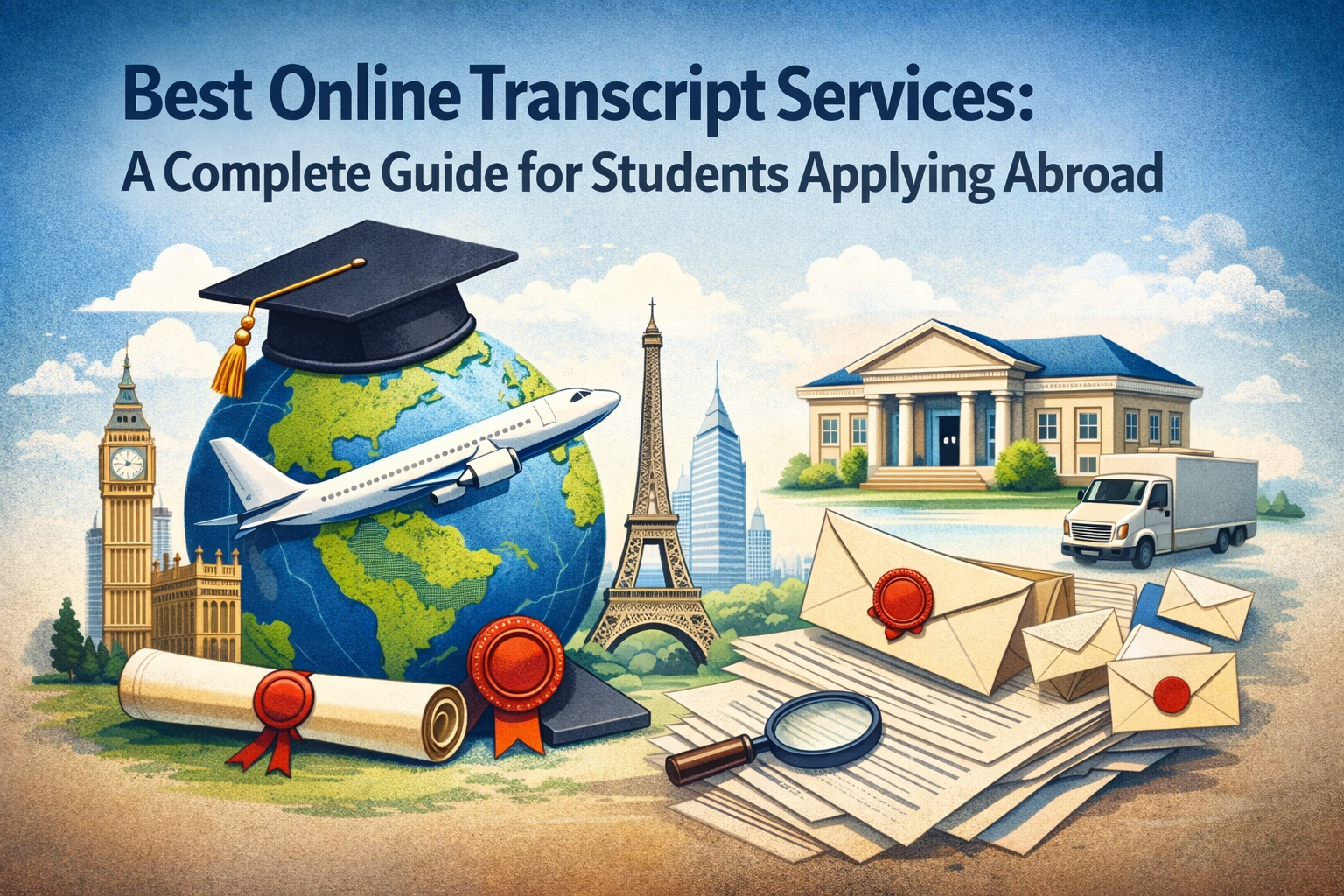


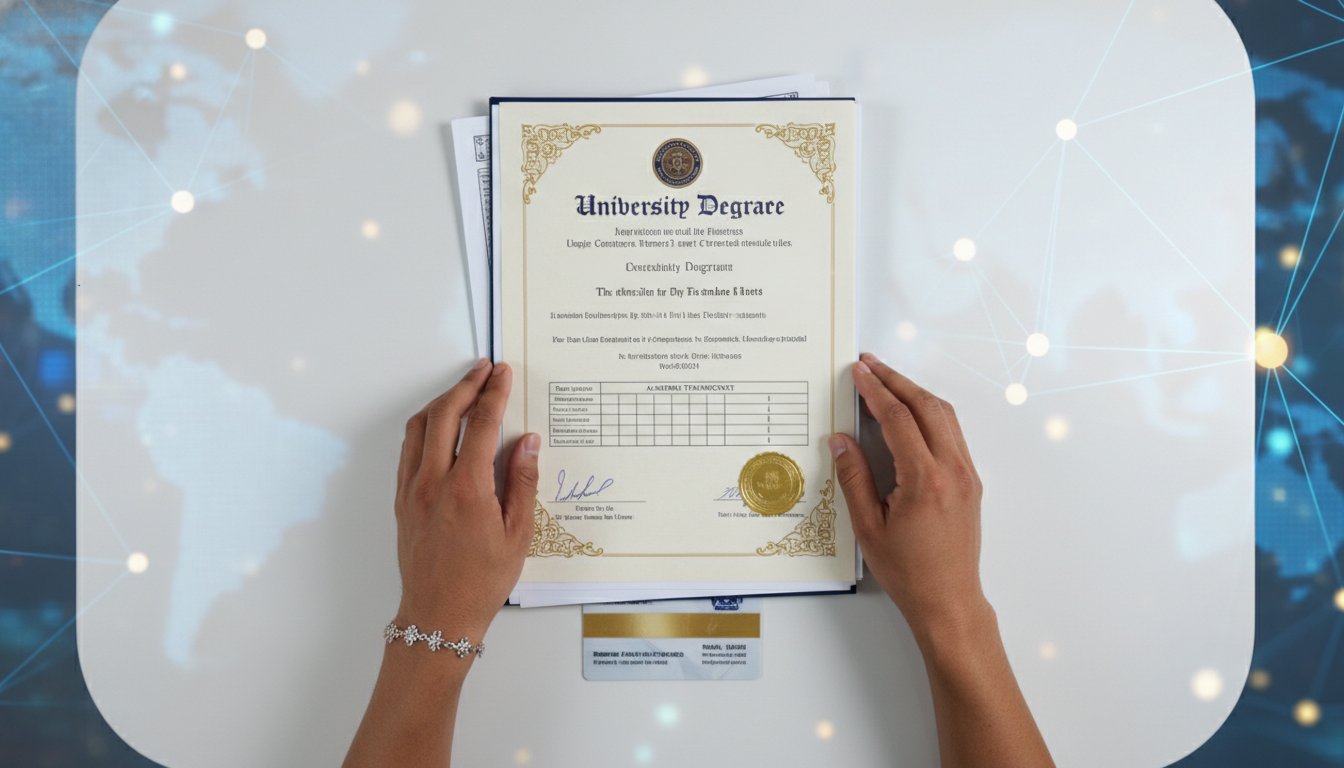
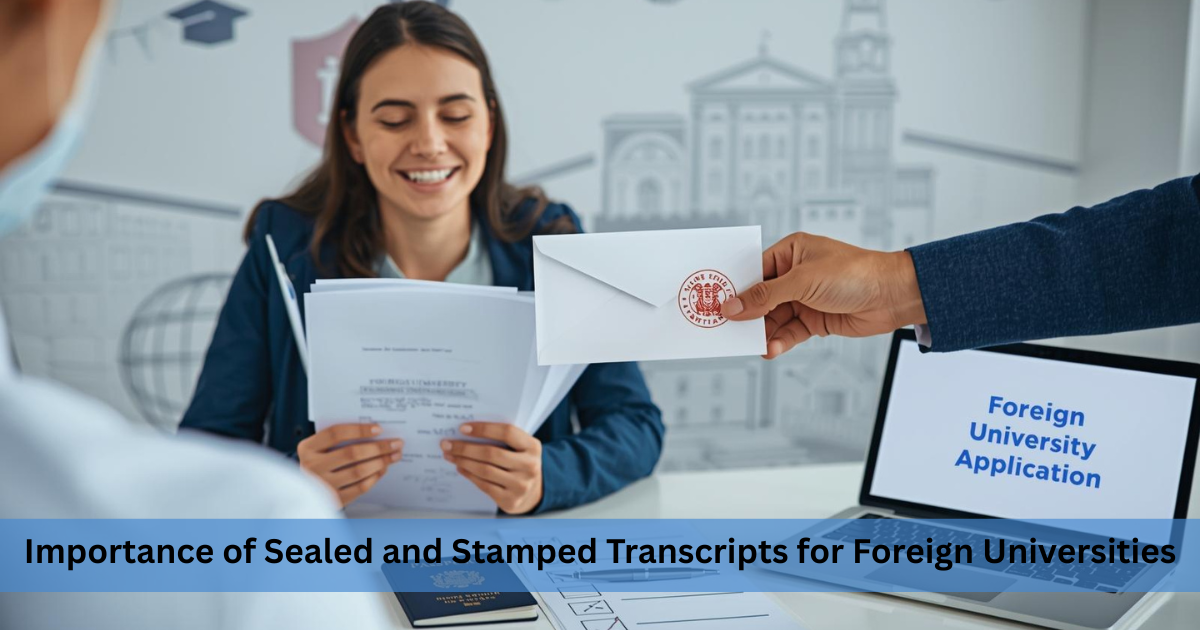


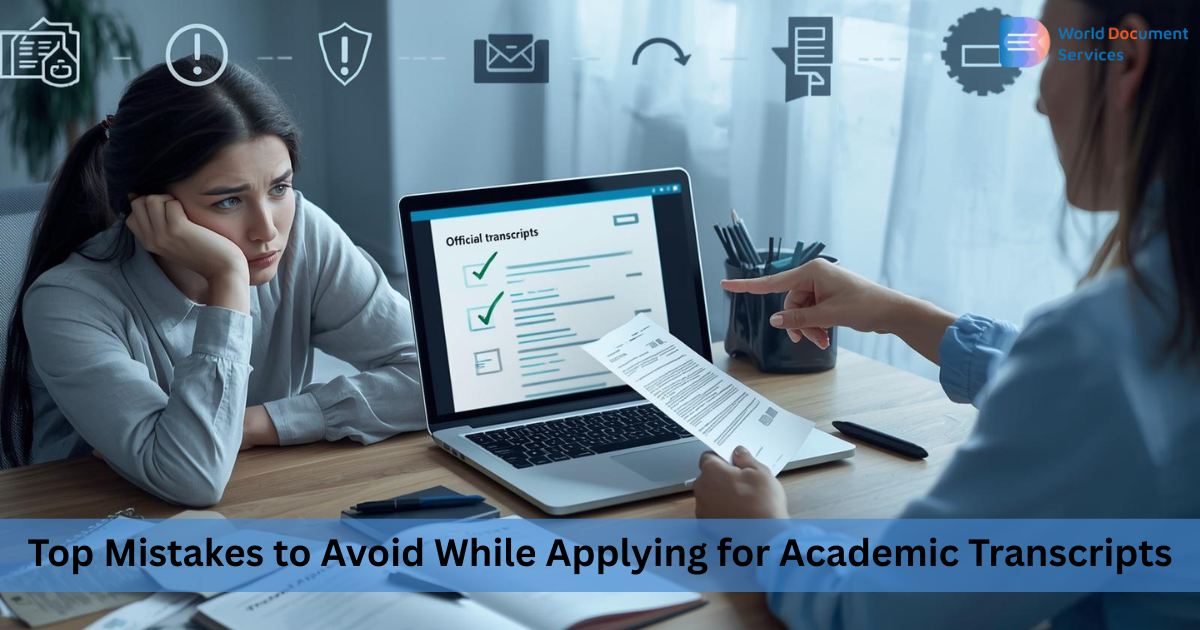
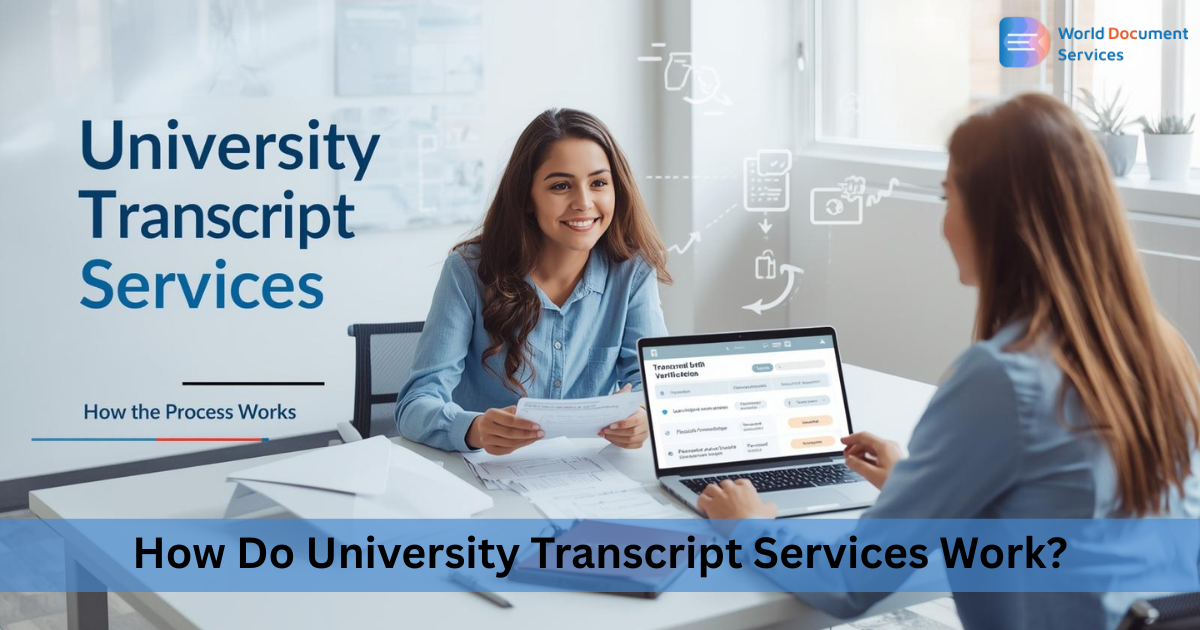
 Call Us
Call Us Mail Us
Mail Us WhatsApp
WhatsApp
